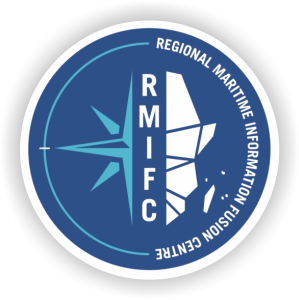Basic Safety Training at Sea: A Lifeline for Seafarers
The sea has always been a place of opportunity, adventure, and trade. Yet, it is also an environment of unpredictable hazards. Whether working on a fishing vessel, cargo ship, offshore platform, or even as a crew member on a passenger vessel, safety is not optional—it is a necessity. Basic Safety Training (BST) is the foundation of maritime safety, equipping seafarers with the skills and knowledge to respond to emergencies and protect lives at sea.
What is Basic Safety Training?
Basic Safety Training, often required under the Standards of Training, Certification, and Watchkeeping for Seafarers (STCW), is an essential set of courses that all seafarers must undergo before embarking on a maritime career. It is designed to prepare crew members for the challenges of working in the harsh and sometimes unpredictable marine environment.
Core Components of Basic Safety Training
Personal Survival Techniques
- Learning how to respond in case of abandoning ship.
- Training on the use of life jackets, life rafts, and other survival equipment.
- Practical exercises in swimming pools or controlled environments to simulate real-life rescues.
Fire Prevention and Firefighting
- Understanding fire risks aboard vessels.
- Using fire extinguishers, breathing apparatus, and fire hoses.
- Hands-on training to extinguish different classes of fire.
Elementary First Aid
- Basic life-saving skills, including CPR.
- Treating wounds, fractures, and burns at sea where immediate medical help is limited.
- Emphasis on stabilizing casualties until professional medical support is available.
Personal Safety and Social Responsibilities (PSSR)
- Familiarization with safe working practices on board.
- Understanding roles, responsibilities, and teamwork in emergencies.
- Developing awareness of stress, fatigue, and human factors that can affect safety.
Why Basic Safety Training Matters
- Life-Saving Preparedness: Quick, confident responses in emergencies save lives.
- Regulatory Compliance: Most maritime authorities and shipping companies require STCW-approved training.
- Crew Confidence and Cohesion: Well-trained crews work more effectively and calmly under pressure.
- Protection of Assets and Environment: Safety training reduces accidents, cargo loss, and environmental pollution.
Challenges and Continuous Learning
While BST is a mandatory entry-level requirement, safety at sea does not stop there. Regular refresher courses, advanced firefighting, medical training, and drills are critical to maintaining readiness. Additionally, as ships become more technologically advanced, seafarers must stay updated on new equipment and procedures.
Conclusion
The ocean is unforgiving, but with the right training, seafarers can face its challenges with preparedness and resilience. Basic Safety Training is more than a legal requirement—it is a lifeline that ensures individuals are not only protecting themselves but also their colleagues, vessels, and the marine environment.
